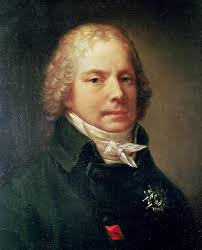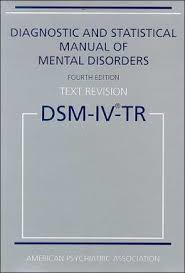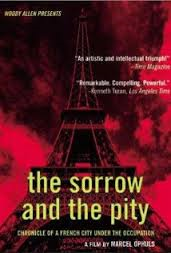Category Archive: HISTORY
Talleyrand
(by Duff Cooper) When told that those who fell in with Napoleon had “betrayed the cause of Europe”, Talleyrand replied that was “a question of dates”. A legendary survivor, his apparent inconsistency seems to have less to do with a lack of morals than with the exigencies of geopolitics. This elegant biography of the wily, oleaginous and adaptable diplomat-statesman, serving French Kings from Louis XVI to Louis-Philippe, was written by Duff Cooper, who knew a thing or two about difficult men (and women).
Continue Reading →The Great Gatsby
(by F. Scott Fitzgerald) The Great American Novel is an absolute synthesis of all that’s great and rotten at the height of the Yankee century. America is so accomplished and competitive that one tends to overlook the result: a defeated majority. Hence the American theme of ‘starting over’ in a different place, exemplified in the go-west mantra of the 1800s and the eastern push of the 20th century. Gatsby emblematised this push, a doughboy made ‘good’ in the new desert of Dr T.J Eckleburg’s New York. Born 1896 in Minnesota, F.S.F. grew into a world of American hegemony but dreamed…
Continue Reading →Triumph and Demise
(Paul Kelly) An account of the Australian Federal Labor Government 2007 – 2013. Kevin Rudd, his bete noire Julia Gillard, et al, stalk about like characters in The White Devil, passionless and brainless villains. You could play ‘Sortes Virgilianae’ in respect of some of the players, substituting DSM 4R.
Continue Reading →Thirteen Days
(by Robert Kennedy) (film directed by Roger Donaldson) This matter-of-fact monograph of the Cuban missile crisis by a central figure is very readable and, considering it was probably whipped up ahead of RFK’s tilt at the Presidency, quite fair (note, by contrast, that in the vivid film of the same name, a key, in fact, critical adviser, Llewellyn ‘Tommy’ Thompson, an Eisenhower appointee, is nowhere to be seen). Kennedy needs and wields no purple prose: his writing is clear, taut and free of cant. For a career politician, this is singular in itself; for an account of a moment on…
Continue Reading →The Sorrow and the Pity
(dir. M Ophuls) (1969) A leisurely pace prevails, as diverse men chat about France under German occupation. This casual approach belies the serious and vital theme that slowly works into the brain and heart: courage and conscience under duress and in crisis.
Continue Reading →





